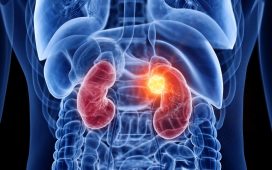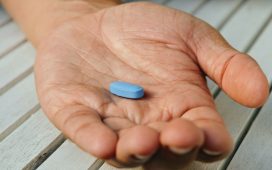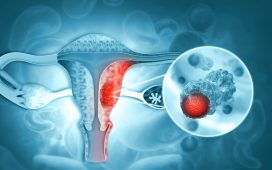Preferences indicate people would rather take daily pill or tea to prolong life rather than exercise
MONDAY, April 9, 2018 (HealthDay News) — People would be more inclined to take tea or a pill than to exercise for hypertension, according to a study presented at the American Heart Association’s Quality of Care and Outcomes Research 2018 Scientific Sessions, held from April 6 to 7 in Arlington, Va.
Erica Spatz, M.D., from the Yale School of Medicine in New Haven, Conn., and colleagues surveyed 1,284 U.S. adults and 100 patients presenting to an outpatient clinic and asked them to decide whether they would adopt a specific intervention for hypertension (tea, exercise, pill, or injection) to achieve a given benefit.
The researchers observed variation in the cumulative proportion of respondents willing to adopt the intervention if it prolonged life by at least one month, one year, or five years, respectively: tea, 78, 91, and 96 percent; pills, 79, 90, and 96 percent; exercise, 63, 84, and 93 percent; monthly injections, 51, 74, and 88 percent; and an injection every six months, 68, 85, and 93 percent. Utility most exceeded disutility for tea and pills (14.8 months), followed by exercise and an injection every six months (12.7 months), and monthly injections (10 months). More than 20 percent of individuals considered the burden of treatment to exceed the calculated gain in life expectancy for each intervention.
“Our findings demonstrate that people naturally assign different weights to the pluses and minuses of interventions to improve cardiovascular health,” Spatz said in a statement. “I believe we need to tap into this framework when we are talking with patients about options to manage their blood pressure. We are good about discussing side effects, but rarely do we find out if other inconveniences or burdens may be impacting a person’s willingness to take a lifelong medication or to exercise regularly.”
Copyright © 2018 HealthDay. All rights reserved.








